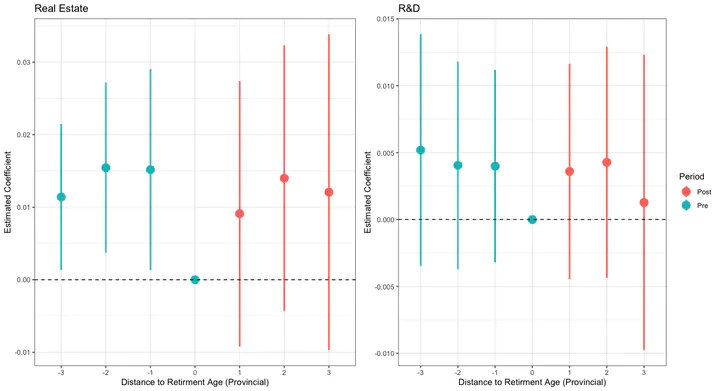Political Selection, Resource Allocation, and Long-term Economic Growth

Abstract: Political institutions influence the allocation of resources and economic development. However, the state-of-the-art answer in the political economy literature is insufficiently clear on the links between micro political incentives, intermediate resource allocation, and macro economic growth. This paper develops a model to study the political incentives of resource misallocation and its consequences on long-term economic growth in a political promotion system. The model predicts that subnational leaders in such a system skew substantive resources to opportunistic development policies that contribute to short-term growth yet invest insufficiently in policies with future benefits due to career incentives and political competition. The critical consequence of this is low productivity in the long term. I test the predictions using regression discontinuity and difference-in-differences models based on prefecture-level data from China, and the results robustly show low growth potential for localities with high resource distortions. This paper builds the links between political institutions, resource allocations, and economic development.